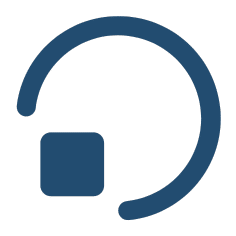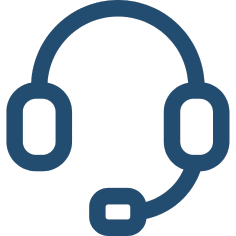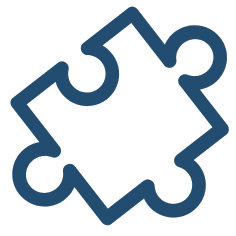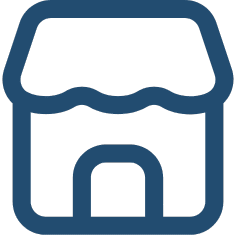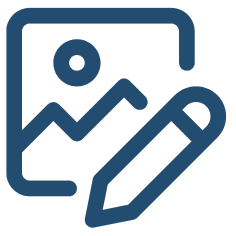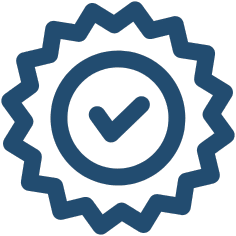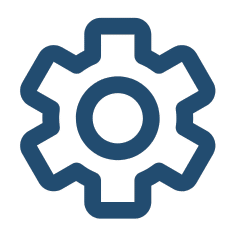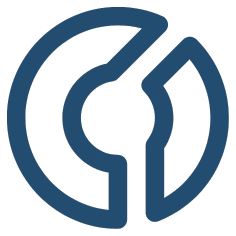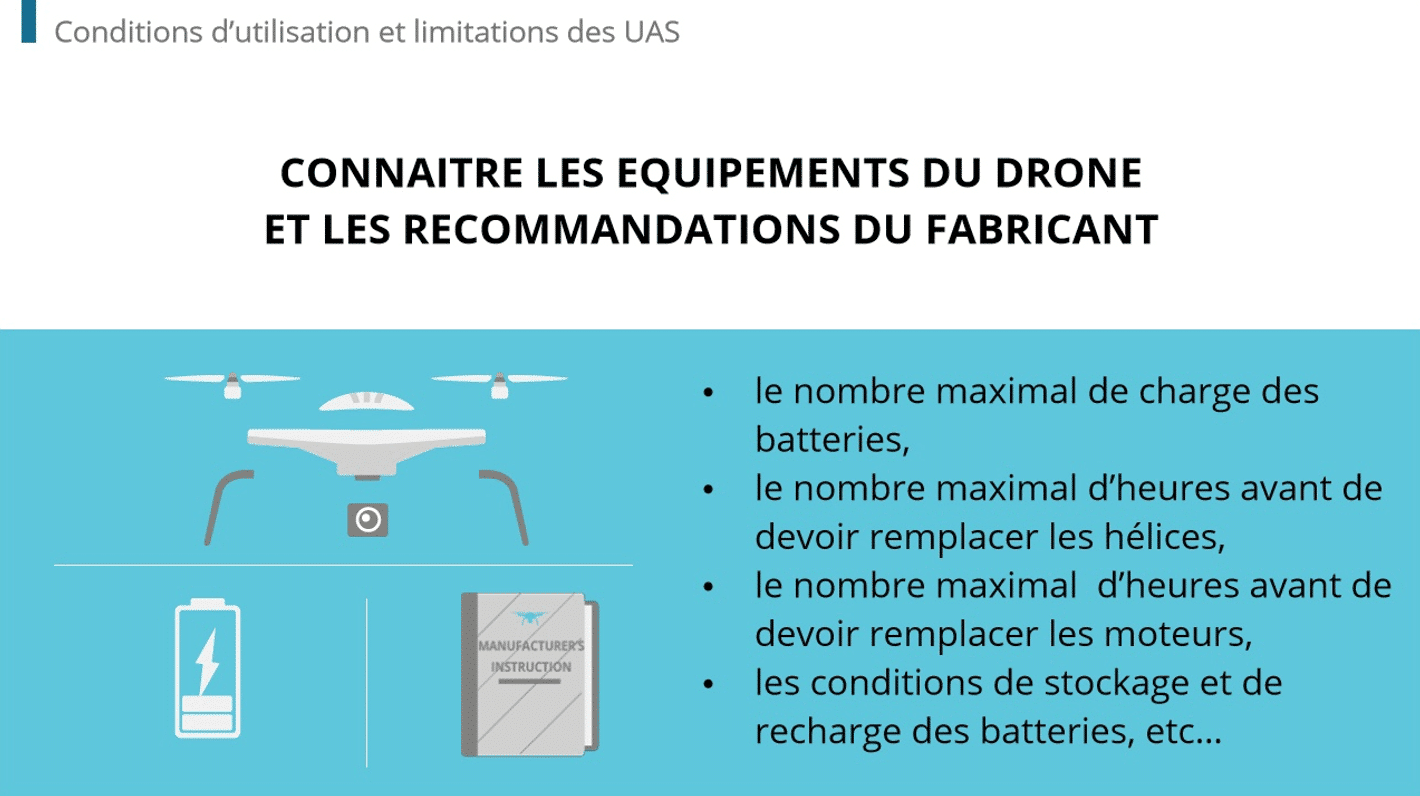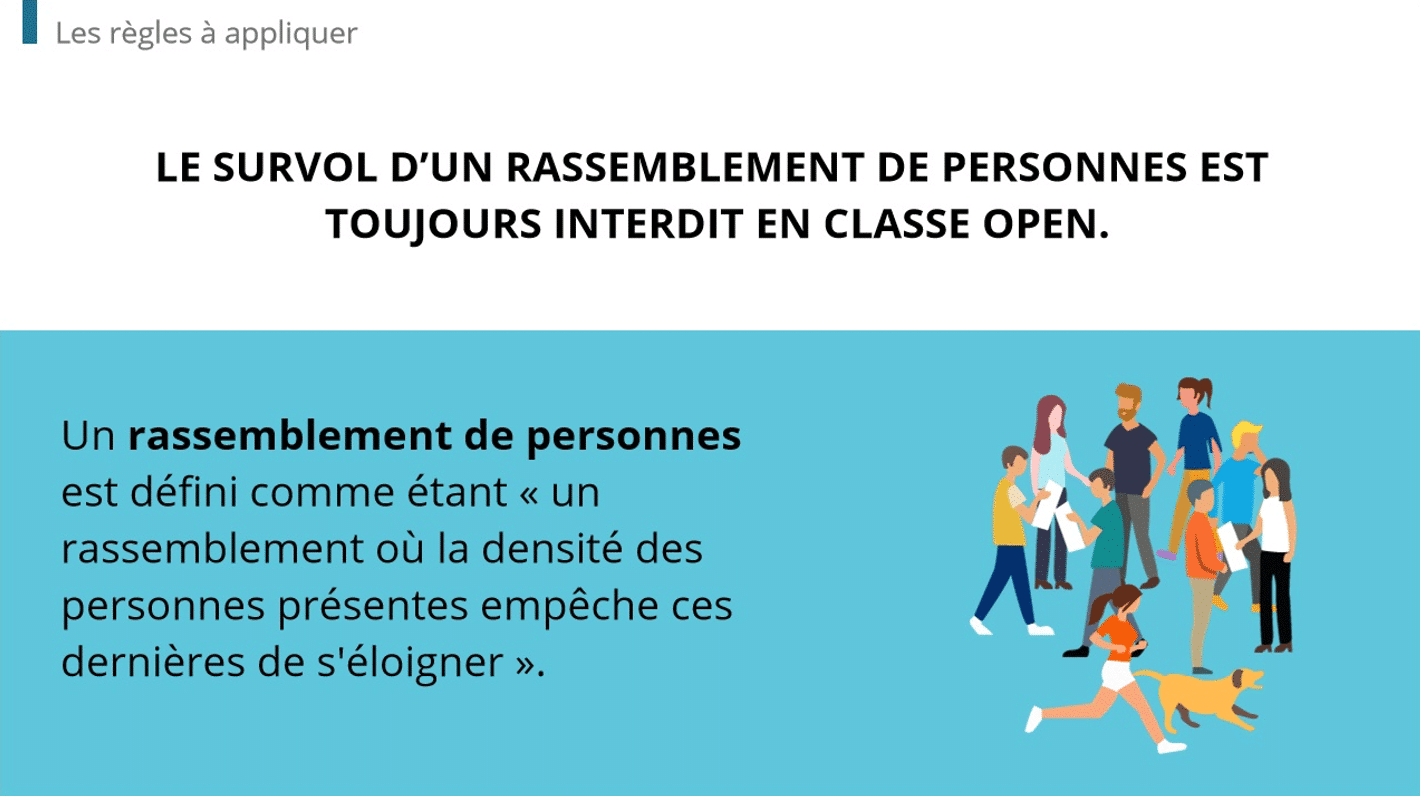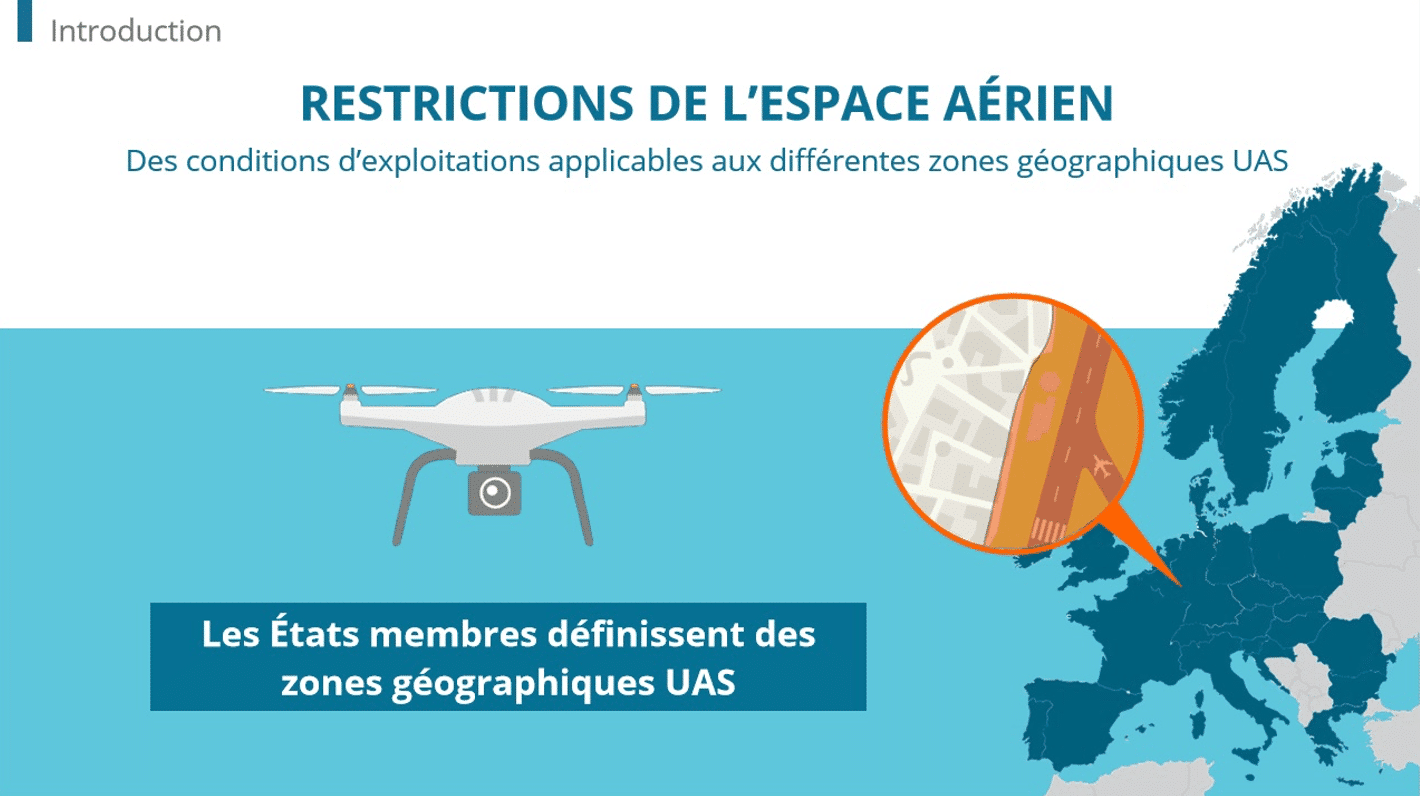The US Real Estate Industry at a Crossroads
The real estate industry in the United States is facing a pivotal moment. On the one hand, regulatory obligations for agents and professionals are becoming more stringent, particularly with continuing education (CE) requirements set by state real estate commissions. On the other hand, the need for consistent quality and professionalism is growing in networks that often operate in highly decentralized structures. Add to that a housing market slowdown and increased competition, and it’s clear that real estate organizations can no longer rely on occasional or localized training programs.
It has become urgent to deploy digital learning solutions capable of ensuring compliance, tracking progress, and scaling professional development across entire networks. According to the National Association of Realtors (NAR), more than 1.5 million licensed real estate professionals operate in the US, each subject to state-specific CE requirements. Managing training at this scale requires digitization.
Continuing Education: A Legal Obligation in Real Estate
Every US state mandates continuing education hours for licensed real estate professionals. The exact number varies—for example, Texas requires 18 hours every two years, while California requires 45 hours every four years. These courses cover critical topics such as ethics, fair housing, agency law, contracts, environmental issues, and property management.
Compliance isn’t optional. Failure to complete CE hours results in license expiration, fines, or disciplinary action. Beyond CE, many states are introducing additional initial training for new licensees, increasing the responsibility of brokers and managers to ensure structured onboarding programs are in place.
For example:
- In Florida, new licensees must complete a 45-hour post-licensing course within 18 months of obtaining their license.
- In New York, new salespersons must complete 77 hours of pre-licensing education, plus ongoing CE requirements.
Non-compliance affects not only individuals but the reputation and operations of entire real estate organizations.
Training Challenges in a Decentralized Industry
The US real estate sector is fragmented: national franchises, independent groups, and networks of agents all operating under a shared brand but with independent business models. While this decentralization enables local agility, it also creates major inconsistencies in:
- Training standards
- Onboarding processes
- Interpretation of compliance requirements
On top of that, the industry attracts diverse profiles—career changers, part-time agents, former corporate professionals, and young entrants. Not everyone has the same legal knowledge or the same ability to quickly adapt to regulations.
Structured training allows organizations to:
- Unify practices across offices and teams
- Create a consistent client experience
- Strengthen brand credibility in a competitive market
- Improve agent retention and performance
By establishing a shared foundation of skills, real estate companies build professionalism, protect their brand, and set the stage for long-term success.
Why Real Estate Needs a Learning Management System (LMS)
A Learning Management System (LMS) is a game-changer for real estate organizations. Here’s why:
- Geography and Scale
Real estate networks often span dozens or hundreds of offices across multiple states. Organizing in-person training for every regulatory update is unrealistic. An LMS delivers training instantly and uniformly, with full traceability. - Compliance
A specialized LMS helps organizations:
- Structure CE-compliant learning paths
- Track hours completed per agent
- Generate certificates automatically
- Provide audit-ready reports for license renewal
- Onboarding and Integration
Beyond compliance, an LMS centralizes onboarding materials: company values, sales procedures, CRM tutorials, and marketing best practices. This accelerates time-to-productivity for new agents. - Mobile Learning
Real estate professionals are constantly on the move. A mobile-friendly LMS ensures training is accessible anytime—between showings, on the road, or from home.
Dokeos: A Trusted LMS for Real Estate Networks
Dokeos LMS helps real estate professionals streamline training, stay compliant, and improve performance across large networks. Its strengths include:
- Regulatory compliance management (CE tracking, certificates, reminders)
- White-label portals for each agency or office, while maintaining a central training hub
- Blended learning support (mix of in-person and digital)
- Easy-to-use mobile interface tailored for busy real estate professionals
Use Case: EX’IM
EX’IM, a well-known inspection and diagnostics network, implemented Dokeos LMS through its “Académie Minerva.” Their CEO, Yannick Ainouche, highlighted the benefits:
“The mix of in-person and digital training was key for us, along with the responsiveness of the platform in keeping pace with regulatory changes.”
With Dokeos, EX’IM created a real “digital campus” where agents could access mandatory training, company processes, and professional development resources—all in one place.
In today’s real estate market, training is more than a regulatory checkbox—it’s a strategic advantage. Organizations that structure compliance and professional growth through an LMS not only avoid legal risks but also attract and retain top talent, deliver consistent client service, and enhance brand reputation.
Ready to see how Dokeos can support your real estate training strategy?
Start your free trial today.
FAQ
1. How many CE hours are required for real estate agents in the US?
It varies by state. For example, Texas requires 18 hours every two years, while California requires 45 hours every four years.
2. Can a Learning Management System replace in-person CE courses?
Yes, in most states, CE credits can be earned online through approved providers. An LMS ensures courses are delivered consistently and tracked automatically.
3. How does an LMS help with onboarding new real estate agents?
It centralizes all resources—policies, compliance modules, CRM training—so new agents ramp up faster and more effectively.
5. Why is mobile access important for real estate training?
Agents spend most of their time in the field. Mobile learning lets them complete training in short sessions between appointments.










